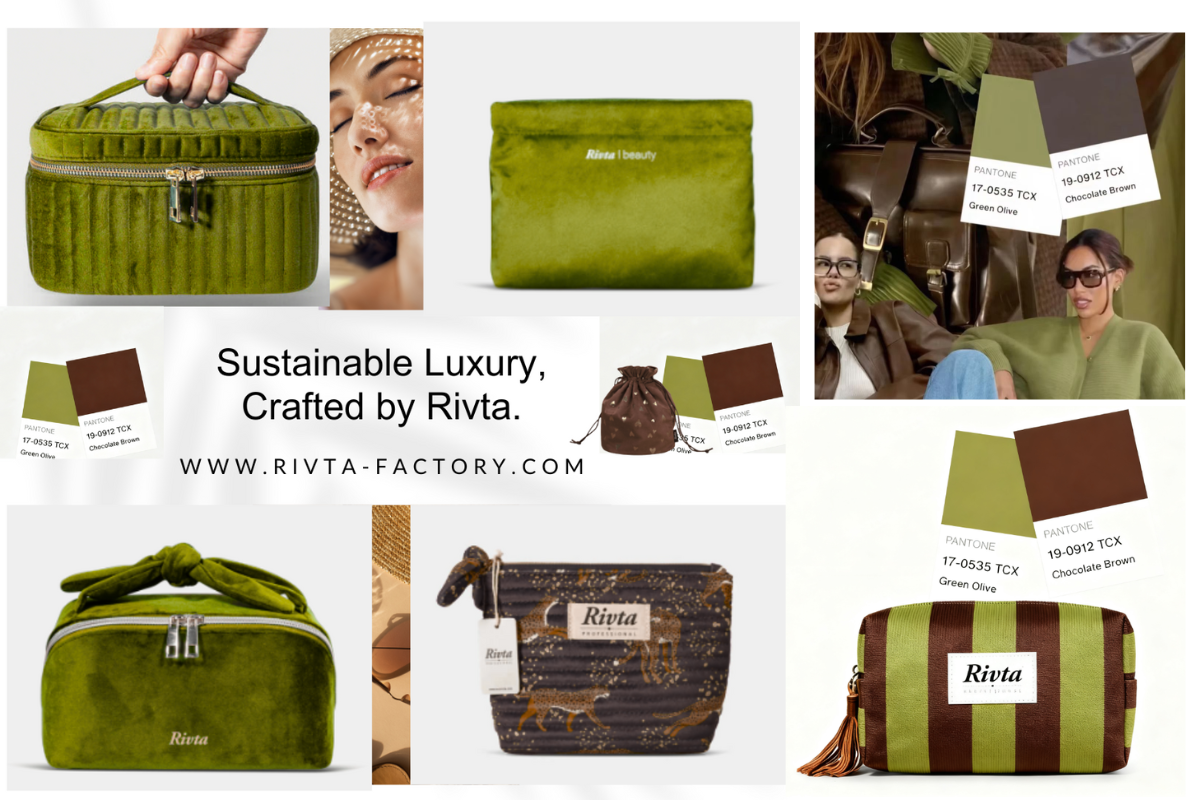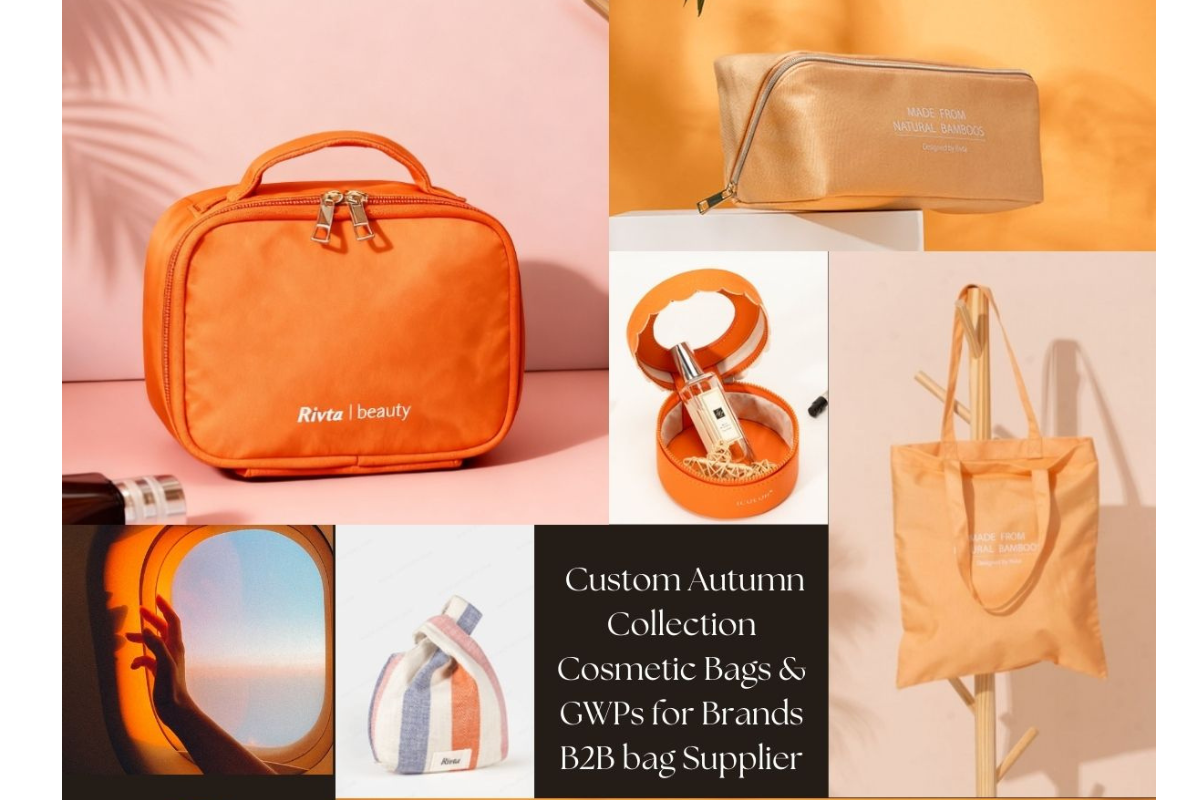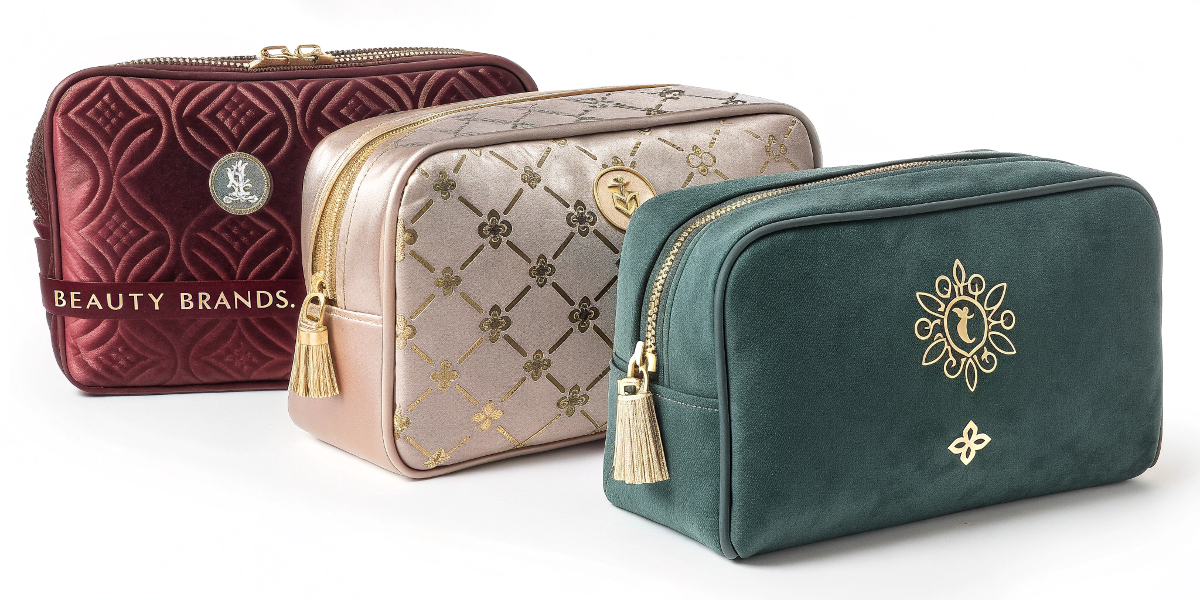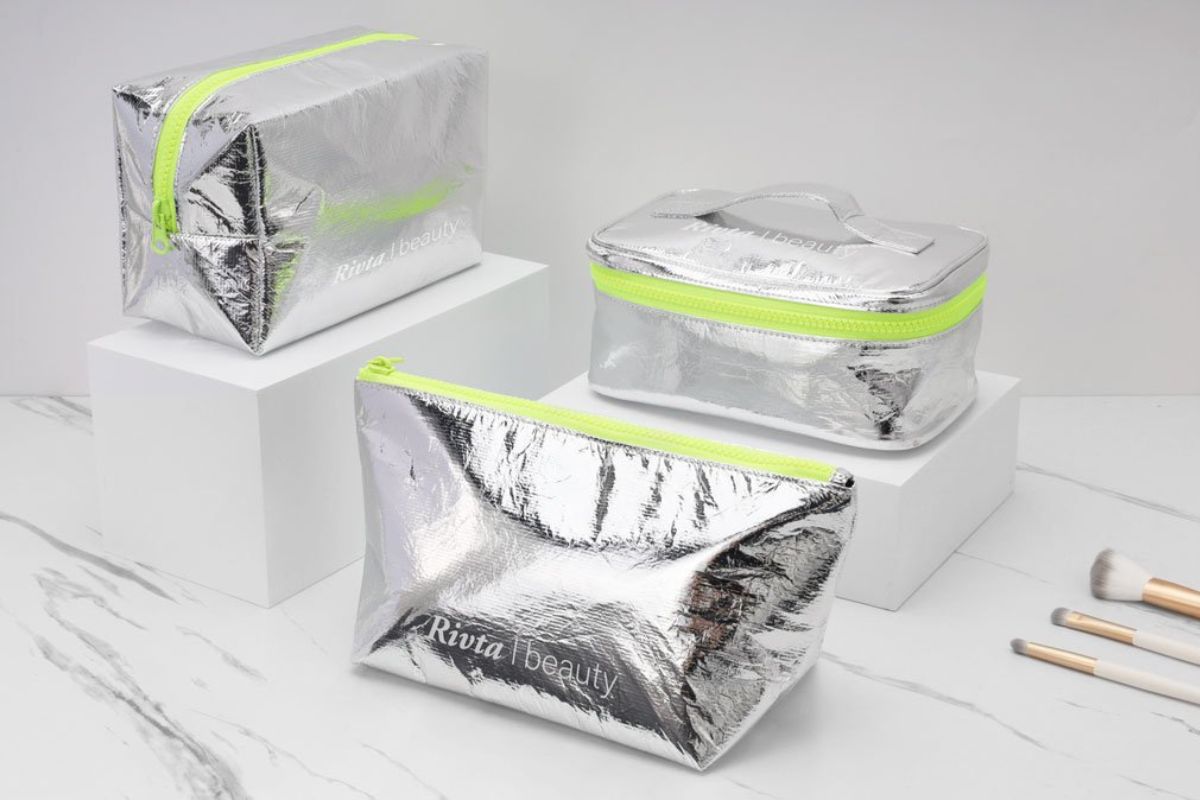Why TPU Toiletry Bags Are the Sustainable Alternative to PVC for Beauty Gift Sets
Sustainability is no longer a nice-to-have—it’s a strategic imperative across industries. In the beauty and gifting sectors, this shift reflects more than changing preferences; it's a response to growing consumer expectations, regulatory demands, and a shared responsibility to reduce environmental impact. For buyers sourcing items like toiletry bags in curated beauty gift sets, the choice of materials is more than a design decision—it’s a statement of brand values.
PVC has long been used in cosmetic bags for its durability and low cost. But its environmental impact is a growing concern. From production to disposal, PVC can release harmful chemicals like dioxins and phthalates—raising risks for both people and the planet. With stricter regulations and more conscious consumers, moving away from PVC is no longer optional.
That’s where TPU comes in. It’s a versatile material that matches—or even outperforms—PVC, but with much less environmental impact. Its durability and eco-friendly profile make it a smart choice for cosmetic bags that reflect the values of today’s brands and customers. In this post, we’ll look at why more businesses are making the switch, covering regulations, material benefits, customization options, and how TPU helps beauty gift sets stand out—responsibly.
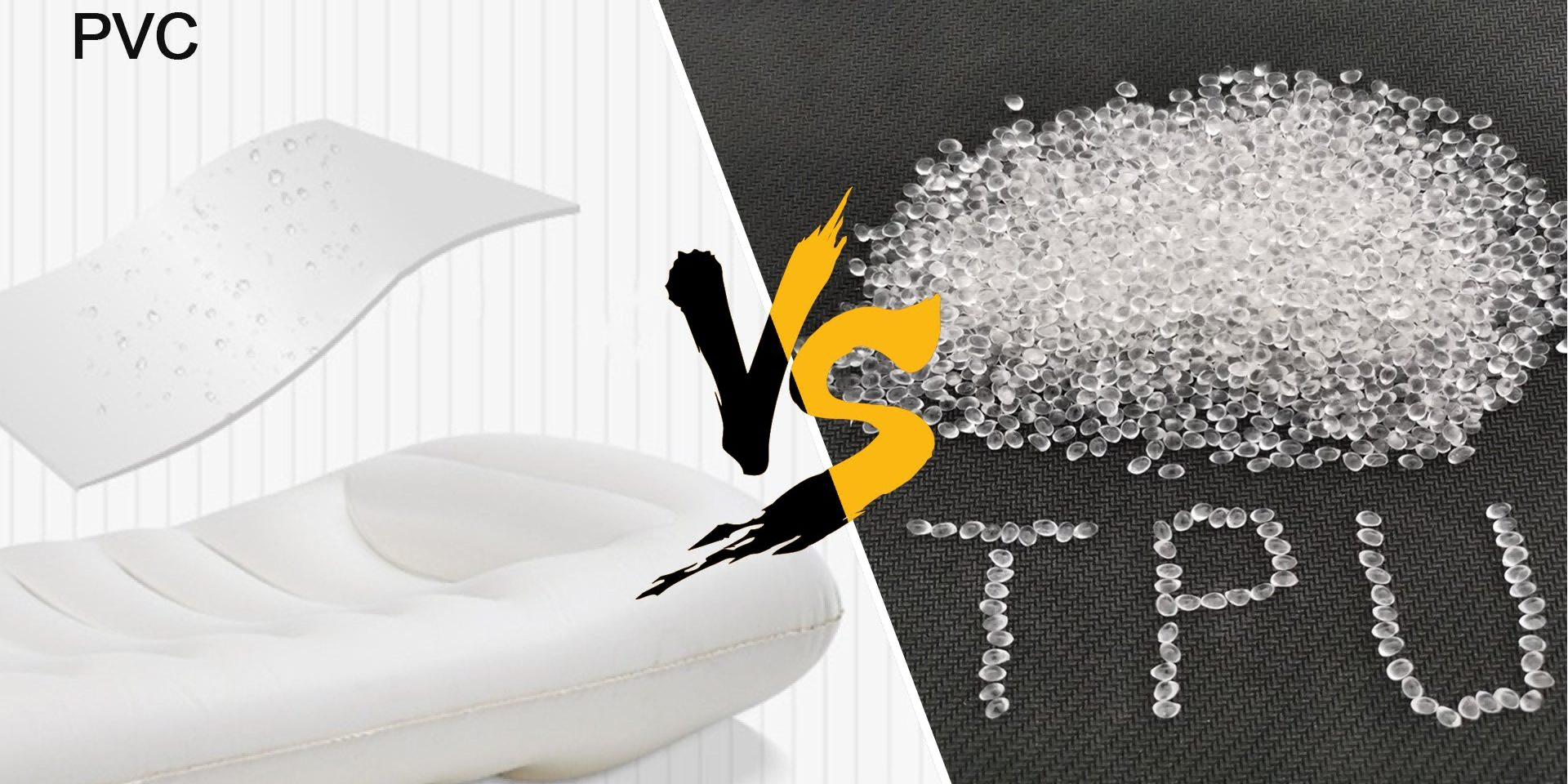
The Environmental Imperative: TPU vs. PVC
The discussion around material selection for consumer products, particularly in the beauty and personal care sectors, is increasingly dominated by environmental considerations. While PVC has historically been a go-to material for its versatility and low cost, its environmental drawbacks are now widely recognized and scrutinized. TPU, on the other hand, presents a compelling case as a more responsible and sustainable choice.
Understanding the Core Differences
The main difference between TPU and PVC lies in their chemical makeup—and this has a big impact on the environment. PVC contains chlorine, which can create toxic byproducts like dioxins during production or burning. These substances can stay in the environment for a long time and even build up in the food chain, posing health risks. To make PVC flexible, manufacturers also add plasticizers like phthalates, many of which have been linked to hormone disruption.
TPU, in contrast, doesn’t contain chlorine or phthalates. That makes it much cleaner to produce and dispose of. It also takes less energy to manufacture and gives off fewer harmful emissions. At the end of its life, TPU is easier to recycle. PVC is harder to process because of its complex mix of chemicals, while TPU can be re-melted and reused—supporting a more sustainable, circular approach. For brands looking to cut waste and make greener choices, this recyclability is a big plus.
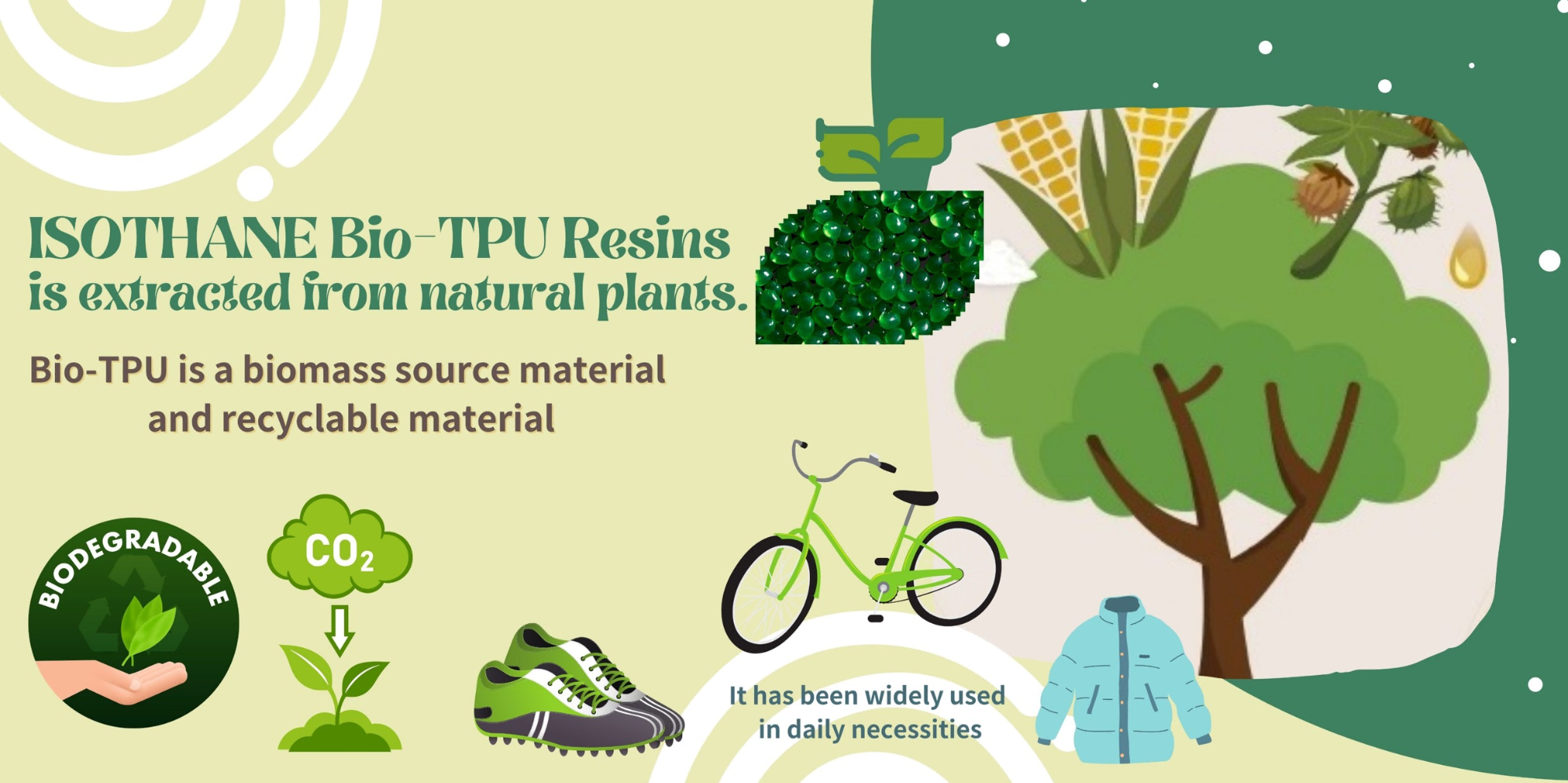
A Deeper Dive into Environmental Footprint
Beyond its chemical makeup, PVC also causes environmental problems throughout its entire life cycle. Because it doesn’t break down naturally, PVC can stay in landfills for hundreds of years, adding to plastic pollution. And since it’s hard to recycle, much of it still ends up being burned or buried—even when recycling systems exist—releasing more harmful substances into the environment.
TPU is very different. It’s tough and long-lasting, so products made from TPU don’t need to be replaced as often, which helps save resources. Thanks to new technology, some TPU materials are now made from renewable sources instead of oil, which lowers their carbon footprint. There are even types of TPU that can break down under certain conditions, offering a more eco-friendly way to handle waste at the end of a product’s life.
To illustrate these differences more clearly, consider the following comparison:
| Feature | PVC (Polyvinyl Chloride) | TPU (Thermoplastic Polyurethane) |
|---|---|---|
| Chemical Composition | Contains chlorine; often requires phthalate plasticizers | Chlorine-free; phthalate-free |
| Production Byproducts | Can release dioxins and other toxic chemicals | Cleaner production; fewer harmful emissions |
| Recyclability | Difficult to recycle; limited reprocessing options | Highly recyclable; can be reprocessed and reused |
| Biodegradability | Non-biodegradable; persists in environment | Some bio-based and biodegradable options available |
| End-of-Life Impact | Contributes to landfill burden; potential for toxic release upon incineration | Lower environmental burden; potential for circularity and decomposition |
| Resource Depletion | Relies on petroleum-based feedstocks | Can be derived from renewable resources (bio-based TPU) |
This table underscores why TPU is not just an alternative but a superior choice for brands committed to genuine environmental responsibility. It’s a material that supports a cleaner production cycle, offers better end-of-life options, and aligns with the growing demand for products that minimize harm to our planet.
Navigating the Regulatory Landscape: A Push Towards Sustainable Materials
The shift from PVC to more sustainable alternatives like TPU is not solely driven by consumer preference or corporate ethics; it is increasingly mandated and encouraged by a tightening regulatory environment, particularly in key markets like the United Kingdom and the European Union. For businesses operating globally, understanding and anticipating these regulatory changes is paramount to ensuring market access, avoiding penalties, and maintaining a positive brand reputation.
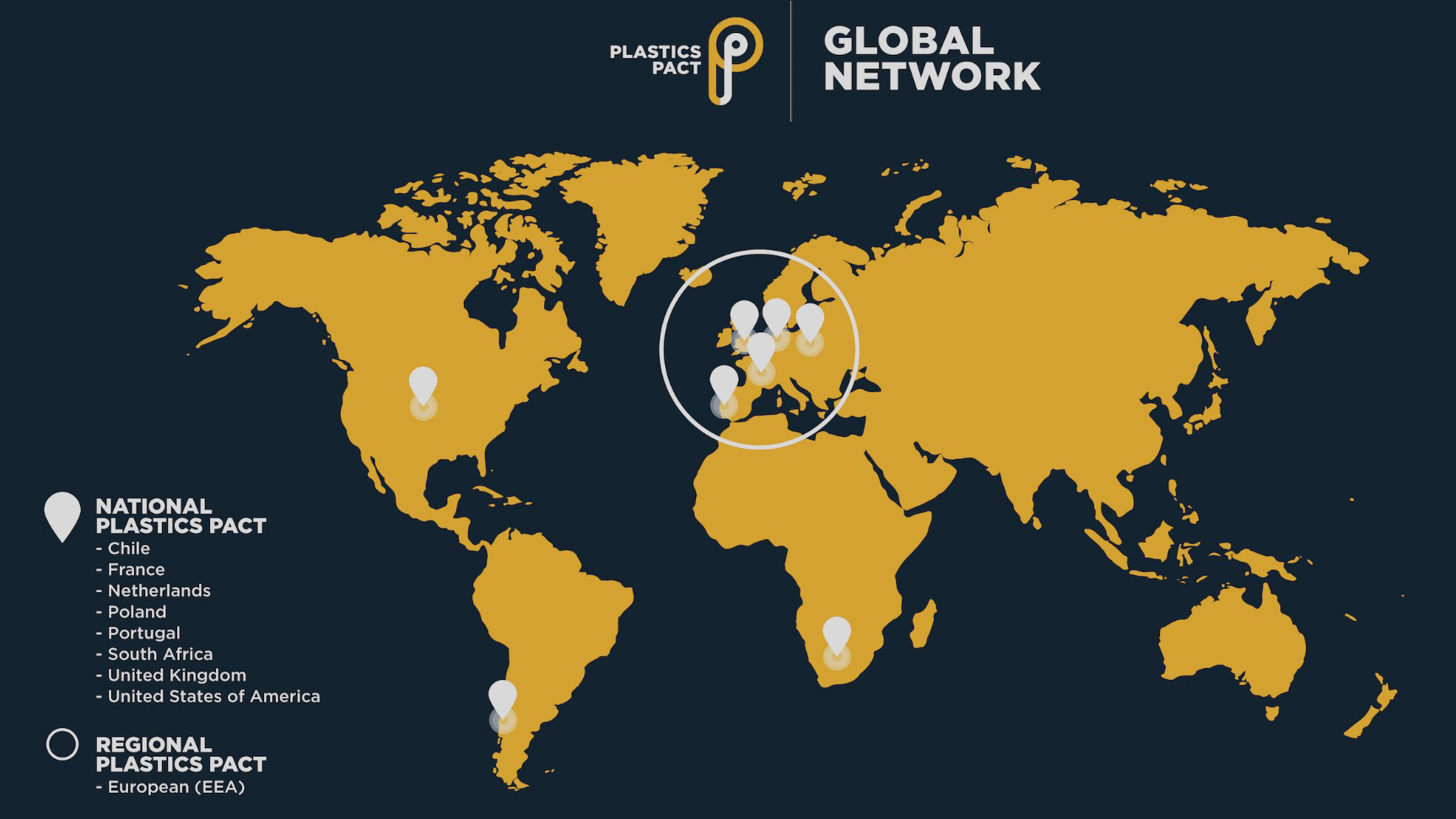
UK and EU Regulations: A Push Toward Greener Materials
The UK and EU are taking strong steps to cut plastic waste and promote sustainable packaging. In the UK, initiatives like the Plastics Pact and the Plastic Packaging Tax are pushing brands to use 100% recyclable materials by 2025. These rules make it clear: brands must rethink their packaging choices.
In the EU, the Cosmetics Regulation ensures product safety, and while it doesn’t ban PVC outright, growing concern over toxic substances in packaging is encouraging brands to look for safer alternatives. The REACH regulation is especially important here. Though it doesn’t ban PVC entirely, it limits harmful additives—like lead, which must now be under 0.1% in PVC items starting November 2024. Ongoing pressure from NGOs and scientists is also driving more restrictions.
For businesses, these changes bring both challenge and opportunity. Switching to safer materials like TPU not only ensures compliance but also gives brands an edge—showing leadership in sustainability and meeting rising customer expectations.
The Business Case for Compliance and Proactivity
For buyers, keeping up with changing regulations can be challenging. Working with manufacturers who already follow these standards makes things much easier. Choosing a supplier that uses materials like TPU and holds key certifications shows a commitment to safety and sustainability. This not only reduces the risk of non-compliance but also helps protect your brand and build long-term trust in a market where eco-responsibility is now expected.
Material Innovation and Customization: Crafting Sustainable Beauty Gift Sets
The drive towards sustainability in the beauty and gifting sectors has spurred remarkable advancements in material science and manufacturing processes. For businesses seeking to offer truly responsible products, the ability to innovate with materials like TPU and customize them to specific brand requirements is a significant advantage. This extends beyond simply choosing a greener material; it encompasses the entire design and production journey, ensuring that the final product not only meets environmental standards but also resonates with the brand’s aesthetic and functional needs.
The Versatility of TPU in Product Design
TPU’s inherent properties make it an exceptionally versatile material for cosmetic bags and other accessories within beauty gift sets. Its flexibility, durability, and resistance to abrasion, oils, and greases ensure that products maintain their integrity and appearance over time, offering a premium feel that aligns with high-quality beauty brands. Furthermore, TPU’s transparency allows for the visual appeal of the gift set’s contents to shine through, a key consideration for products designed to be visually appealing.
Beyond its functional attributes, TPU can be engineered to meet diverse design specifications. This includes variations in texture, color, and finish, allowing for a broad spectrum of aesthetic possibilities. For brands looking to differentiate their offerings, the ability to create unique and tactile experiences through material choice is invaluable. This adaptability makes TPU an ideal canvas for original designs that reflect a brand’s identity while upholding its commitment to sustainability.
Customization: Tailoring for Brand Identity and Market Appeal
For B2B buyers, customization is often a critical factor. The ability to tailor cosmetic bags in terms of size, shape, color, and branding elements ensures that they seamlessly integrate into existing product lines and marketing campaigns. With eco-friendly materials like TPU, this customization extends to:
- Dimensions and Form: Creating bags that perfectly fit specific beauty products or gift set configurations.
- Branding Elements: Incorporating custom logos, patterns, and messaging through various printing techniques, including foil stamping and embossing, to reinforce brand recognition and values.
- Hardware and Accents: Selecting zippers, pulls, and other components that complement the overall design and maintain the product’s sustainable credentials.
- Material Blends: Exploring combinations of TPU with other eco-friendly materials, such as organic cotton or recycled polyester, for multi-textured designs that offer both aesthetic appeal and enhanced functionality.
This level of customization allows brands to create truly unique and memorable gift sets that stand out in a competitive market. It also enables them to communicate their sustainability story effectively, as every element of the product, down to the material of the bag, reflects their environmental commitment.
Manufacturing Excellence and Certifications: A Foundation of Trust
For buyers, selecting a manufacturing partner is as crucial as choosing the right material. A manufacturer with a proven track record in producing mid-to-high-end eco-friendly cosmetic bags, coupled with robust certifications, provides assurance of quality, ethical practices, and supply chain transparency. Key certifications to look for include:
- ISO9001: This certification signifies a commitment to rigorous quality management systems. For products like cosmetic bags, which are often part of premium gift sets, consistent quality is paramount. ISO9001 ensures that manufacturing processes are standardized and continuously improved, leading to reliable and high-quality outputs.
- BSCI (Business Social Compliance Initiative): BSCI certification demonstrates a manufacturer’s dedication to ethical working conditions and social compliance throughout their supply chain. This is increasingly important for brands that prioritize corporate social responsibility and wish to ensure that their products are made under fair labor practices.
- SEDEX (Supplier Ethical Data Exchange): SEDEX membership provides a platform for sharing ethical supply chain data, covering labor rights, health and safety, environmental performance, and business ethics. It offers transparency and allows buyers to assess a supplier’s ethical standing, aligning with the growing demand for responsible sourcing.
These certifications are not just badges; they represent a manufacturer’s deep commitment to operational excellence and responsible business conduct. For a buyer, they simplify the due diligence process and provide confidence in the integrity of the supply chain.
Industry Applicability and Market Relevance
The move towards sustainable materials like TPU in beauty gift sets is not just a passing trend; it reflects a fundamental shift in consumer values and market expectations. Brands that embrace this change are better positioned to capture market share and build lasting customer loyalty. The applicability of TPU toiletry bags extends across various segments of the beauty and home accessories markets, including:
- Premium Beauty Brands: For high-end cosmetic lines, TPU bags offer a sophisticated, durable, and environmentally responsible packaging solution that enhances the perceived value of their gift sets.
- Sustainable Lifestyle Brands: Brands focused on eco-conscious living can leverage TPU bags to reinforce their core values, offering products that are consistent with their mission.
- Corporate Gifting: Companies looking to make a positive impression through corporate gifts can choose TPU toiletry bags as a statement of their commitment to sustainability.
Comparison of Material Attributes for B2B Buyers:
| Feature | PVC (Polyvinyl Chloride) | TPU (Thermoplastic Polyurethane) |
|---|---|---|
| Chemical Composition | Contains chlorine; often requires phthalate plasticizers | Chlorine-free; phthalate-free |
| Production Byproducts | Can release dioxins and other toxic chemicals | Cleaner production; fewer harmful emissions |
| Recyclability | Difficult to recycle; limited reprocessing options | Highly recyclable; can be reprocessed and reused |
| Biodegradability | Non-biodegradable; persists in environment | Some bio-based and biodegradable options available |
| End-of-Life Impact | Contributes to landfill burden; potential for toxic release upon incineration | Lower environmental burden; potential for circularity and decomposition |
| Resource Depletion | Relies on petroleum-based feedstocks | Can be derived from renewable resources (bio-based TPU) |
This table highlights TPU’s superior performance characteristics, which translate into higher quality products and a better brand experience. For a buyer, these attributes mean fewer returns, greater customer satisfaction, and a stronger brand reputation.
Rivta: Your Partner in Sustainable Beauty Gift Sets
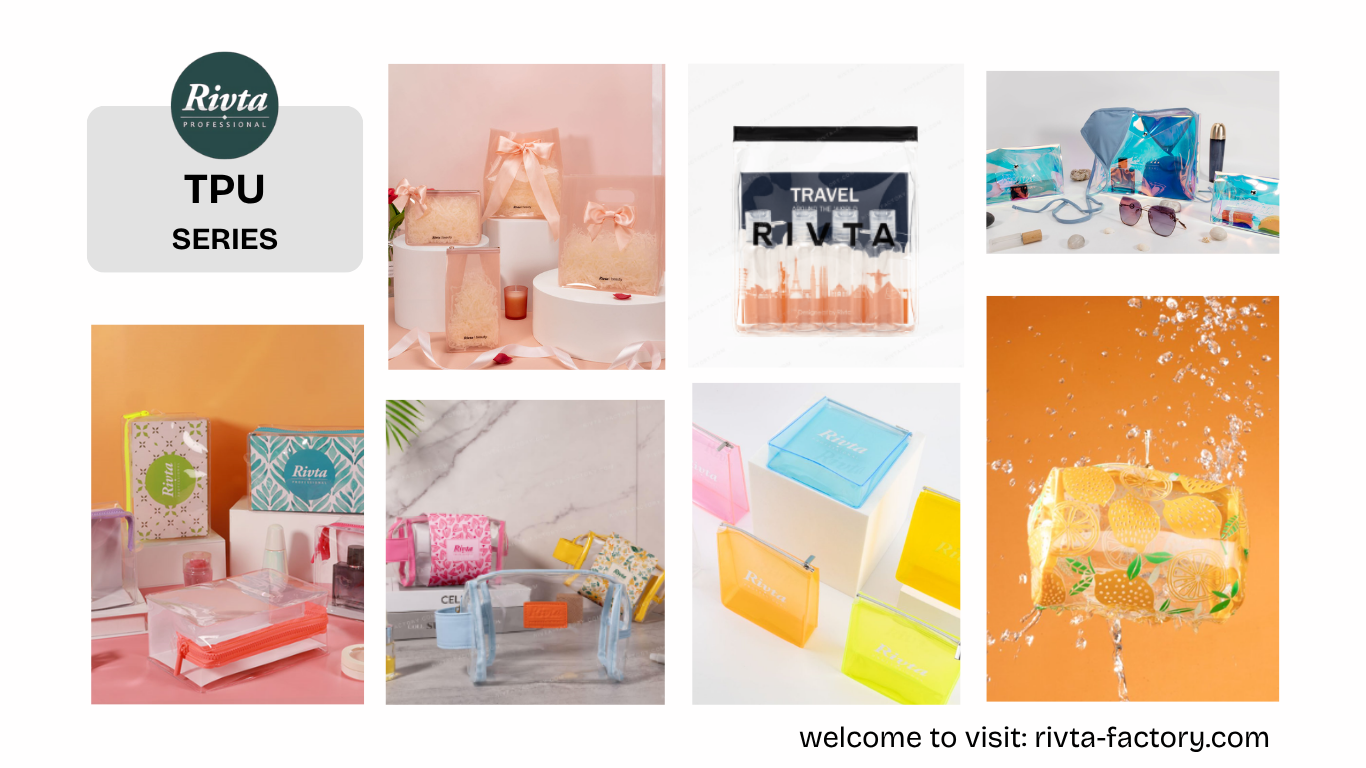
For brands seeking to make a meaningful transition to sustainable packaging solutions, partnering with a manufacturer that possesses both the expertise and the commitment to environmental responsibility is paramount. Rivta, a medium-scale manufacturer based in Dongguan, China, with a founding history dating back to the 1990s, stands as a prime example of such a partner. Specializing in custom-made, mid-to-high-end eco-friendly cosmetic bags for worldwide brands, Rivta offers a comprehensive suite of services designed to meet the evolving demands of the beauty and gifting industries.
A Heritage of Quality and Innovation
Rivta’s long-standing presence in the manufacturing sector, established in the 1990s, speaks to a deep understanding of production processes and market dynamics. This experience is coupled with a forward-thinking approach to material solutions, particularly in the realm of eco-friendly alternatives. The company’s product positioning reflects a clear commitment to quality and sustainability, focusing on materials and designs that align with the values of global brands.
Rivta’s service offerings are tailored to provide a holistic solution for brands:
- Original Designs: Moving beyond mere production, Rivta collaborates with brands to develop unique and compelling designs that capture market attention while adhering to sustainable principles.
- Innovative Eco-Friendly Material Solutions: This includes a strong emphasis on materials like TPU, bio-based alternatives, and recycled content, ensuring that products are not only visually appealing but also environmentally sound.
- Customization: From initial concept to final product, Rivta offers extensive customization capabilities, allowing brands to create bespoke cosmetic bags that perfectly complement their beauty gift sets and reinforce their brand identity.
- Manufacturing: With robust manufacturing capabilities, Rivta ensures efficient and high-quality production, meeting the stringent standards required by mid-to-high-end brands.
Partnering for a Sustainable Future
For a buyer who is tasked with sourcing high-quality, sustainable items that align with a brand’s commitment to quality and environmental responsibility, a partner like Rivta offers significant advantages. The ability to source custom-made, eco-friendly cosmetic bags that meet stringent quality standards and are backed by verifiable ethical certifications simplifies the procurement process and strengthens the brand’s sustainable narrative.
By choosing TPU toiletry bags from a manufacturer like Rivta, brands can:
- Enhance Brand Reputation: Demonstrate a tangible commitment to sustainability, resonating with environmentally conscious consumers.
- Ensure Regulatory Compliance: Stay ahead of evolving environmental regulations in key markets like the UK and EU.
- Deliver Premium Quality: Offer durable, aesthetically pleasing, and functional products that elevate the perceived value of beauty gift sets.
- Support Ethical Sourcing: Partner with a manufacturer that adheres to high standards of social and environmental responsibility.
The transition from PVC to TPU in beauty gift sets is more than just a material swap; it represents a strategic move towards a more sustainable, responsible, and future-proof business model. For brands looking to make a lasting positive impression, embracing TPU and partnering with manufacturers like Rivta is not just a choice, but a clear path forward.
